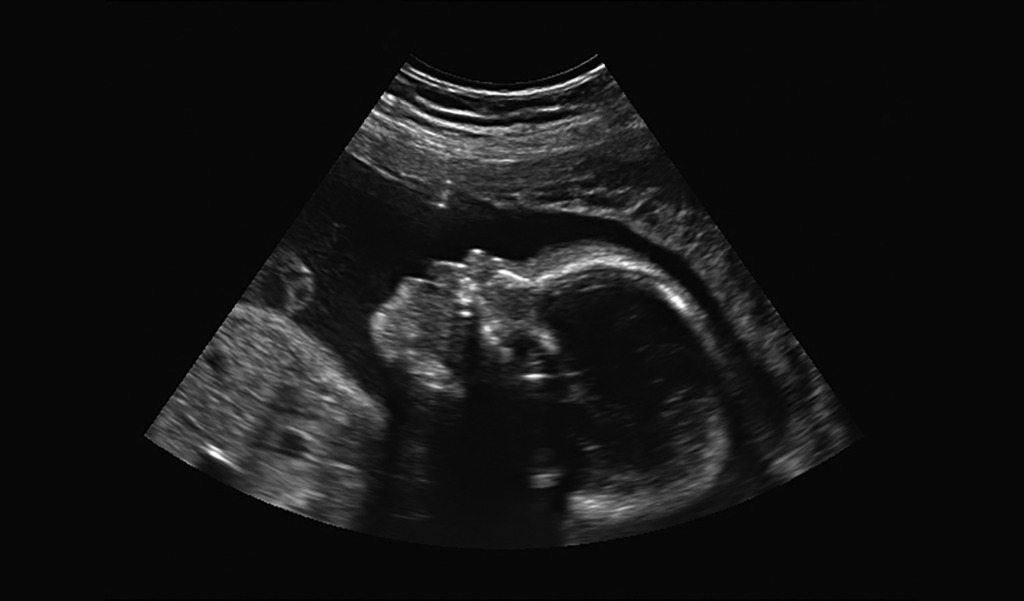Abortion is the deliberate termination of a living human pregnancy. It results most often in the ending of the life of a genetically complete living human being.
Abortion can be a direct surgical procedure or result from medications that poison the pregnancy and result in its death. These two are ethically and morally equivalent.
Virginia legal code requires informed consent from the patient before abortion or, if underage, consent from one parent or guardian (or a court order).
Ethical informed consent classically requires respect for patient autonomy as a measure of her freedom to choose based on full and complete information about expected benefits (beneficence), possible harm (non-maleficence), and free access regardless of ethnic or economic distinctions (justice) (Health Care Analysis, 2017 September; 25(3):275-289).
Ethical principles protect the personal freedom of choice of the patient over her own person. Informed consent is not valid if there is coercion and is not valid if obtained from the uninformed or misinformed.
If the patient’s decision is being coerced by financial or personal circumstances or another person, the consent is invalid, and it is the responsibility of the physician to identify and mitigate that coercion.
Beneficence describes the expected benefit from any medical procedure. The supposed benefit of abortion, of course, is the removal of a pregnancy (child) to avoid a threat to the mother’s life or health, the cost or the circumstantial disruption of her life.
There is no benefit to the child, only harm (usually death). The vast majority of abortions are performed for financial or other personal reasons, not threats to maternal health (www.guttmacher.org).
Since one in five pregnancies prior to 12 weeks’ gestation are not viable for natural causes, wouldn’t the mother want to know through ultrasound that her decision to abort did not cause the death of her baby?
The ethical principle of non-maleficence means do no harm. However, 2% to 10% of abortions, either surgical or medical, may carry some kind of significant complication including hemorrhage, infection, organ damage or possibly even loss of fertility and increased risk of premature labor with future pregnancy.
Also, a significant risk of serious anxiety disorders and even suicide have been reported following abortion. An extensive bibliography of reported abortion complications and mental health issues is available (www.AAPLOG.org).
The alternative to abortion, of course, is continuation of pregnancy and keeping the child or offering the child for adoption. Adoption opportunities abound in our society with multiple agencies ready to help the patient identify suitable adoptive parents. Public funding agencies such as Medicaid or private charitable resources may help defray costs of the pregnancy.
Abortion might be arguably ethical if all of this information is provided to the patient. But, regardless of ethical informed consent, abortion remains an intrinsic evil in the eyes of the Church and is only rarely licit (Linacre Quarterly, vol. 79, 1: pp. 81-87).
Life itself is supernatural. The natural world cannot fundamentally explain what makes a heart beat or what animates the human soul. Our Catholic faith has no similar problem. Life is of God (Catechism of the Catholic Church, No. 2258).
“Since the first century the Church has affirmed the moral evil of every procured abortion” (CCC, No. 2271).
Dr. Seeds is emeritus professor of Obstetrics and Gynecology and Maternal and Fetal Medicine, Virginia Commonwealth University, and member of St. Benedict Parish, Richmond.

